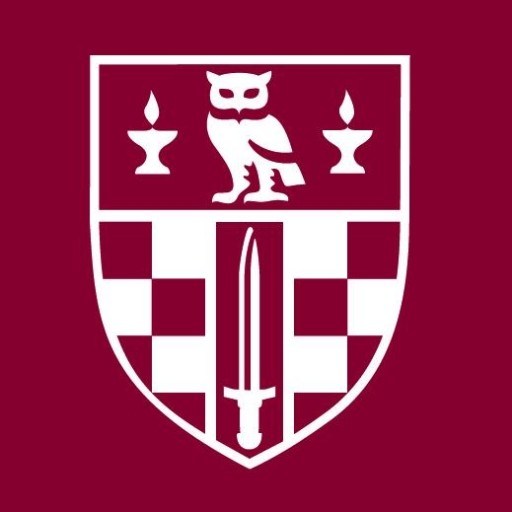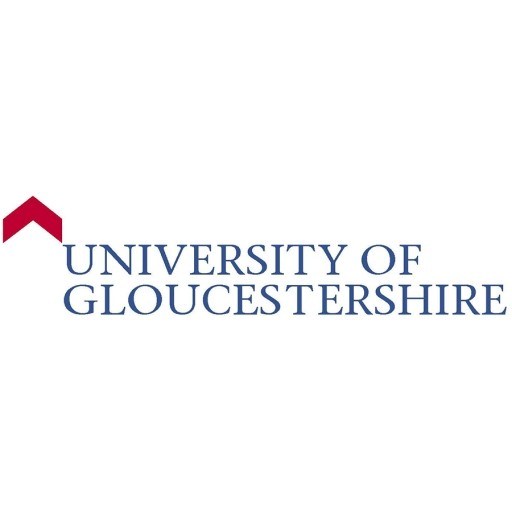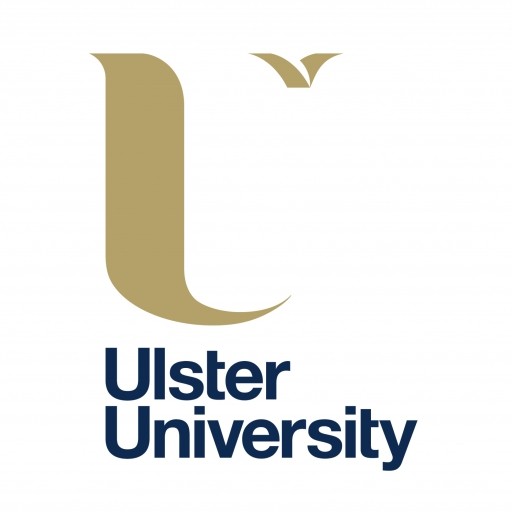The BSc Computing and Information Systems programme at Birkbeck, University of London, offers students a comprehensive understanding of the fundamental principles and practical applications of computing and information systems. Designed for those interested in developing a solid foundation in computer science, this undergraduate degree covers a wide range of topics including programming, algorithms, database systems, networks, cybersecurity, and software development. The programme is ideal for individuals seeking to acquire the skills necessary to thrive in the rapidly evolving digital landscape. Emphasizing both theoretical knowledge and real-world experience, students engage in project-based learning, which enhances their problem-solving abilities and prepares them for professional careers in the technology sector. The course structure is flexible, accommodating part-time study for working professionals, and allows students to tailor their learning through optional modules that focus on specializations such as data management, web development, or information security. Birkbeck’s location in central London provides students with excellent opportunities for networking, industry engagement, and internships with leading technology companies. The programme also encourages critical thinking about the societal impacts of technology, ethics in computing, and the importance of lifelong learning in a fast-changing industry. Graduation from this programme equips students with the technical skills, analytical mindset, and adaptability needed to pursue roles in software engineering, system analysis, database administration, cybersecurity, and other fields within the IT and computing sectors. Whether aiming for a career in industry or further academic research, students benefit from high-quality teaching delivered by experienced professionals and access to state-of-the-art facilities. The BSc Computing and Information Systems at Birkbeck is an excellent choice for motivated individuals seeking a rigorous, flexible, and industry-relevant education in computing.
Detailed Course Facts
Application deadline 1 October in the year before you intend to sit your first examinations Tuition fee- GBP 1500 Year (EEA)
You have 3-8 years to complete the BD degree, 2-5 years to complete the Dip HE, and 1-5 years to complete the Cert HE. Fees are payable as you progress rather than as a single lump sum. The following are examples of University fees for the whole programme of study: £4,531 for the BD, £3,046 for the Dip HE, and £1,716 for the Cert HE. Please note that these examples are calculated using current fees for 2014-15, do not reflect any annual change to fees and assume completion in the minimum time permitted.
Start date August 2015 Duration full-time 36 months Languages Take an IELTS test- English
Course Content
Bachelor of Divinity
The BD comprises twelve courses. Take the five compulsory courses, choose six courses from the options and complete the dissertation.
Diploma of Higher Education in Theology
The Dip HE in Theology comprise eight courses. Take the five compulsory courses and choose three courses from the list of options.
Certificate of Higher Education in Theology
The Cert HE in Theology comprises four courses.
Bachelor of Divinity (BD) structureAll five of the following courses
- Introduction to the Old Testament (level 4)
- Introduction to the New Testament (level 4)
- Christian doctrine (level 4)
- Philosophy of religion (level 4)
- Church History: Reformation and society c1450 c1600 (level 5)
Plus six from the following
- Foundations in Biblical Hebrew (level 5)
- Romans in Greek (level 6)
- Buddhism (level 6)
- Theology and atheism (level 5)
- Christian ethics (level 5)
- Islam (level 5)
- Johannine writings in Greek (level 6)
- Liturgical studies (level 6)
- New Testament Greek (level 5)
- Religion and science (level 5)
- Sacrifice, praise and wisdom (level 5)
- Christian-Jewish relations (level 6)
- Advanced Biblical Hebrew (level 6)
- The tasks of life: Pascal, Kafka, Weil and Levinas (level 6)
- Christian Muslim relations (level 6)
Plus the following course
Dissertation - Theology (level 6) Diploma of Higher Education in TheologyAll five of the following courses
- Introduction to the Old Testament (level 4)
- Introduction to the New Testament (level 4)
- Christian doctrine (level 4)
- Philosophy of religion (level 4)
- Church History: Reformation and society c1450 c1600 (level 5)
Plus three courses from the following
- Foundations in Biblical Hebrew (level 5)
- New Testament Greek (level 5)
- Romans in Greek (level 6)
- Johannine writings in Greek (level 6)
- Theology and atheism (level 5)
- Christian ethics (level 5)
- Liturgical studies (level 6)
- Islam (level 5)
- Buddhism (level 6)
- Religion and science (level 5)
- Sacrifice, praise and wisdom (level 5)
- Christian-Jewish relations (level 6)
- Christian Muslim relations (level 6)
All four of the following courses
- Introduction to the Old Testament (level 4)
- Introduction to the New Testament (level 4)
- Christian doctrine (level 4)
- Philosophy of religion (level 4)
Requirements
Bachelor of Divinity degree and Diploma of Higher Education in Theology
To be eligible for the BD degree or Dip HE in Theology you must
- normally* be aged 17 or above by the 30 November in the year of registration and
- satisfy the Universitys General Entrance Requirements
Certificate of Higher Education in Theology
To be eligible for the Certificate of Higher Education with Philosophy as the major you must:
- normally* be aged 18 or above by the 1 September at the time of registration
- have passed the equivalent of at least three separate subjects at UK GCSE/GCE O level (at not less than grade C).
* Applications will be considered from applicants who do not meet the normal minimum age requirement for admission. Each application will be considered on an individual basis, and the decision taken at the discretion of the University of London.
If you are not automatically eligible then you will be individually considered by the University of Londons Special Admissions Panel. The Special Admissions Panel will consider qualifications which are not published under the Qualifications for Entrance Schedule, incomplete qualifications (e.g. diplomas / degrees) and substantial relevant work experience. If we cannot accept you with your current qualifications and experience, we will advise you what qualifications you could take in order to become eligible in the future.
Language Requirements
The language of instruction, reading and assessment is English. To succeed on our programmes you need a good level of competence in English. If you doubt your ability in written or spoken English we advise you take a course and test in English language before enrolling on the programme.
Required standard of English
You will usually meet the English language requirement for undergraduate programmes if you:
- hold a UK GCSE / GCE O level in English at grade C or above
- have five years secondary schooling taught solely in English or have passed GCE A levels or IB in essay-based subjects
- have passed an International Foundation programme that permits entry onto a recognised UK bachelor degree
- hold a full Postgraduate award, or a full first degree or Associate degree taught and examined in English from an institute that is acceptable to the University
- have passed, within the past three years, an Associate degree, Diploma or Higher Diploma awarded by an acceptable institute / polytechnic / university in Hong Kong, Malaysia or Singapore, or
- have passed, within the past three years, a test of proficiency in English language from an organisation acceptable to the University.
Where an applicant does not meet the required English language level but believes they can demonstrate the required level for admission the University may, at its discretion, consider the application.
Please note if an applicant satisfies one of the above conditions yet provides evidence of a test of proficiency in English language, awarded within the past three years, which is below the Universitys minimum requirements then they will be required to retake such a test before being offered admission.
Work Experience
No work experience is required.
Technological Requirements
You must have regular access to a computer (or mobile device*) with an internet connection to use the University of London International Programmes website and the Student Portal. These are where your programmes study resources are located. Through the Student Portal you can register as a student, enter exams and use your programmes Virtual Learning Environment (VLE). The VLE provides you with electronic learning materials, access to the University of London Online Library, networking opportunities, and other resources. To get the most from your studies, your computer should have at least the following minimum specification: a web browser (the latest version of Firefox, Chrome or Internet Explorer). This must accept cookies and have JavaScript enabled screen resolution of 1024 x 768 or greater sufficient bandwidth to download documents of at least 2 MB and the following applications installed: a word processor that reads Microsoft Word format (.doc) Adobe, or other pdf reader. * Full mobile access is not available for all programmes.
Related Scholarships*
- Academic Excellence Scholarship
"The Academic Excellence Scholarship can provide up to a 50 % reduction in tuition per semester. These scholarships will be renewed if the student maintains superior academic performance during each semester of their 3-year Bachelor programme. The scholarship will be directly applied to the student’s tuition fees."
- Access Bursary
Bursary for UK students all subjects where the variable tuition fee rate is payable.
- Alumni Bursary
Alumni Bursary for UK Undergraduate students
* The scholarships shown on this page are suggestions first and foremost. They could be offered by other organisations than University of London.
The BSc Computing and Information Systems at Birkbeck, University of London, is a comprehensive undergraduate programme designed to equip students with essential skills and knowledge in the fields of computing and information systems. This programme offers a rigorous curriculum that combines theoretical foundations with practical applications, preparing graduates for diverse careers in the IT industry. Students will explore core areas such as programming, systems analysis and design, databases, networking, and cybersecurity. The course also emphasizes the development of problem-solving abilities, analytical thinking, and effective communication skills.
The programme is structured to provide both in-depth technical knowledge and an understanding of how computing fits within business contexts. It includes a mix of lectures, tutorials, laboratory sessions, and project work, fostering an interactive learning environment. The curriculum is regularly updated to reflect current industry trends, technological advances, and emerging fields such as cloud computing, data science, and artificial intelligence.
Students benefit from the university's excellent resources, including access to state-of-the-art laboratories, software, and learning support services. The programme also offers opportunities for practical placements, internships, and collaborative projects with industry partners, enhancing employability and real-world experience. Birkbeck's evening and part-time study options provide flexibility for students balancing studies with work or personal commitments. Graduates of this programme have gone on to successful careers in software development, systems analysis, IT consultancy, network administration, and other technology-focused roles.
Overall, the BSc Computing and Information Systems at Birkbeck is designed to develop versatile and competent computing professionals ready to meet the demands of a rapidly evolving digital landscape.







